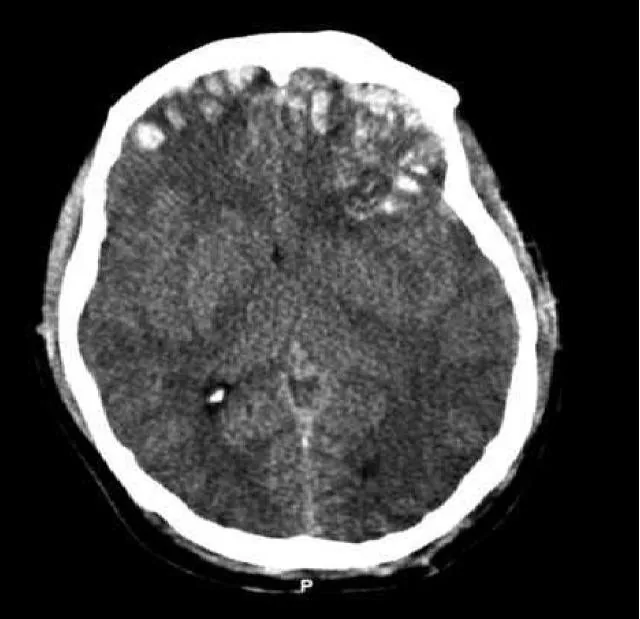New Blood Markers Aid in Assessing Traumatic Brain Injury
I’m Ed Smith, a Berkeley brain injury lawyer. Traumatic brain injury causes significant change in the lives of individuals. Whether caused by a car accident or other traumatic injuries to the head, it has been difficult to predict the level of damage and hence the long-term outcome of such injuries. A new study announced at a sports neurology conference, presented by the American Academy of Neurology in Jacksonville, Florida, discussing the use of a blood marker to assess damage and outcome.
The Study
The study sought to determine if blood markers were efficient at detecting not just concussion or brain damage in fighters who suffered head trauma but also to predict their prognosis or future outcome. The study correlated data from 291 professional fighters who were active in the sport and 44 non-active fighters. A control group of 103 non-fighters were included.
One protein marker in the blood of active fighters is called neurofilament light (NF-L). This protein was found at increased levels in active fighters, particularly those who were active in the previous two weeks. An increase in activity, such as increased sparring, elevated the levels. However, once elevated, the level did not continue to increase during the remainder of the study. The increase in NF-L correlated to the results of tests designed to measure cognitive ability and the speed at which the brain processes information.
How Information Is Processed by the Brain
Neurons are cells that specialize in transmitting information. There are two types of neurons: sensory and motor. Sensory neurons carry information from areas of the body that receive sensory input. Motor neurons are those that tell muscles to work. If you touch something hot, that impulse will be sent via sensory nerve fibers to the brain where it is interpreted, and motor nerve fibers will make you move your hand away from the hot object.
What Is a Nerve Cell?
Nerve cells or neurons have a body, axons and dendrites. The information that passes from one neuron to another travels down the axon to the dendrites that meet dendrites from another neuron in an area known as a synapse or gulf/junction. A neurotransmitter or chemical ferry carries the electrical impulse to the dendrites of the other nerve cell, and the process repeats until it reaches its destination. Traumatic brain injury can cause nerve fiber or axon damage so the trail of information is interrupted.
Damage to Nerve Fibers
When axons are damaged, a brain is unable to function properly. While structural damage may be determined by MRI, it does not predict a person’s future situation adequately. This lack of information leaves a victim of an accident in limbo, not knowing if their future will be drastically affected. The statute of limitations for personal injury is set at two years from the date of the accident in most cases. Since a presence of NF-L shows the severity of damage to a brain soon after an accident or repeated blows to the head and matches cognitive tests aimed at describing the level of cognitive ability after an accident, it could be used as a way to assess the future medical care that an individual will need.
How This Helps When Determining Compensation
The ability to determine needed compensation in a case is dependent on knowing what a person will need both in the present and in the future. For traumatic brain injury, this can be a complex process. However, if a blood marker were able to assist in pointing to whether an individual would be able to return to work or require long-term care, calculating medical expenses, lost future income and other factors such as extended nursing care or rehabilitative services might be easier.
Berkeley Brain Injury Lawyer
I’m Ed Smith, a Berkeley brain injury lawyer. If you or your loved one has suffered a brain injury due to negligence, you may be overwhelmed by uncertainty and whether you will be able to pay your bills and provide for future care. As a California injury lawyer experienced in brain injuries, I offer you my free and friendly advice if you call me at (510) 631-0200. The toll-free number is (800) 404-5400.
Ratings and reviews of my practice are found online at Yelp, Google and Avvo. One page of interest on my website is Verdicts and Settlements, which contains a list of some of my cases and their results.
As a member of the Million Dollar Advocates Forum, I join other top trial lawyers around the country who have won verdicts or settlements for their clients of seven figures or more.
As owner and founder of autoaccident.com, I have worked as a lawyer for 35 years in California, defending the rights of the injured and those who have suffered a wrongful death in their families.
Photo Attribution: https://commons.wikimedia.org/wiki/File:Brain_trauma_CT.jpg courtesy of Delldot
:cd cv


